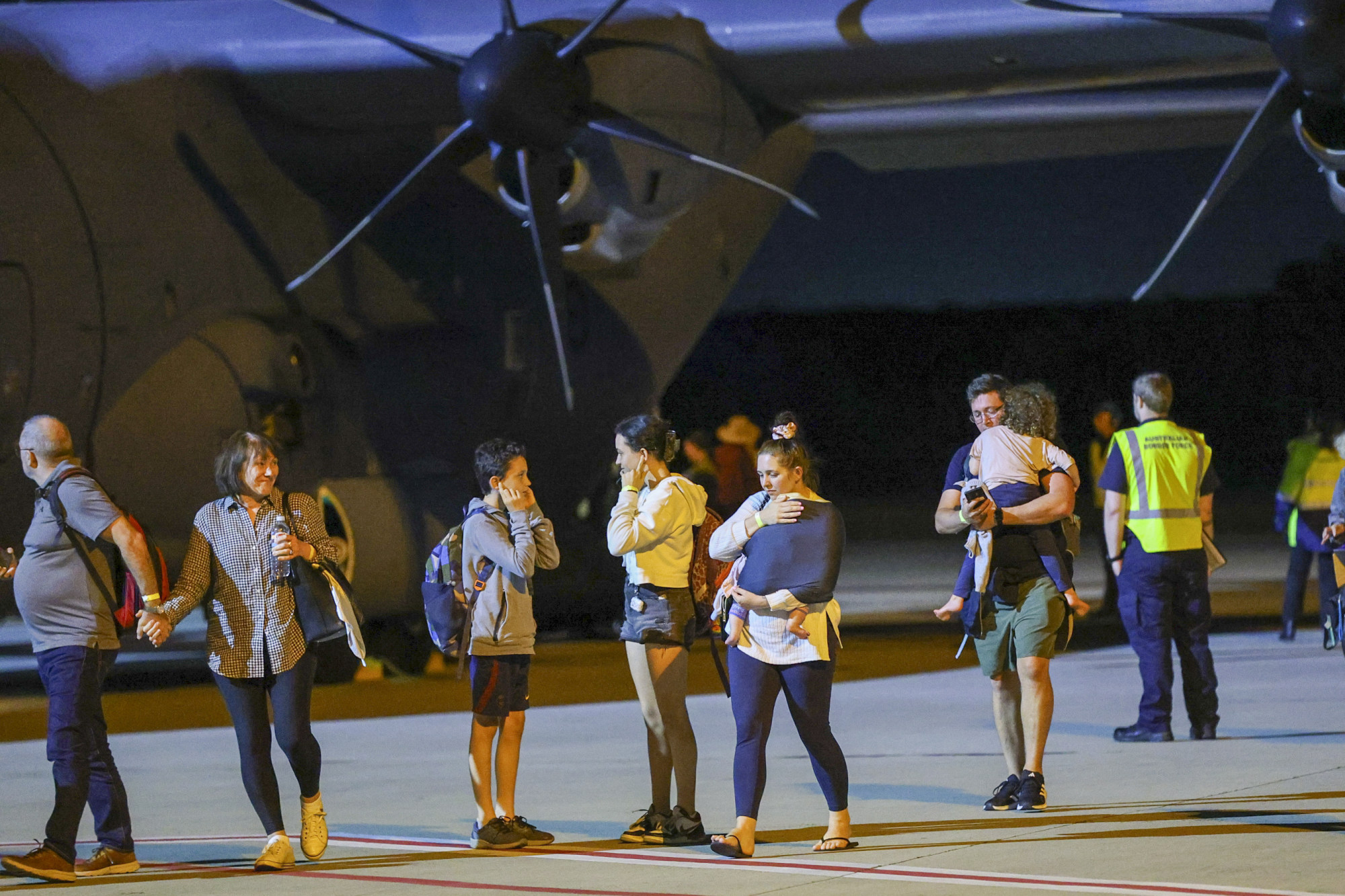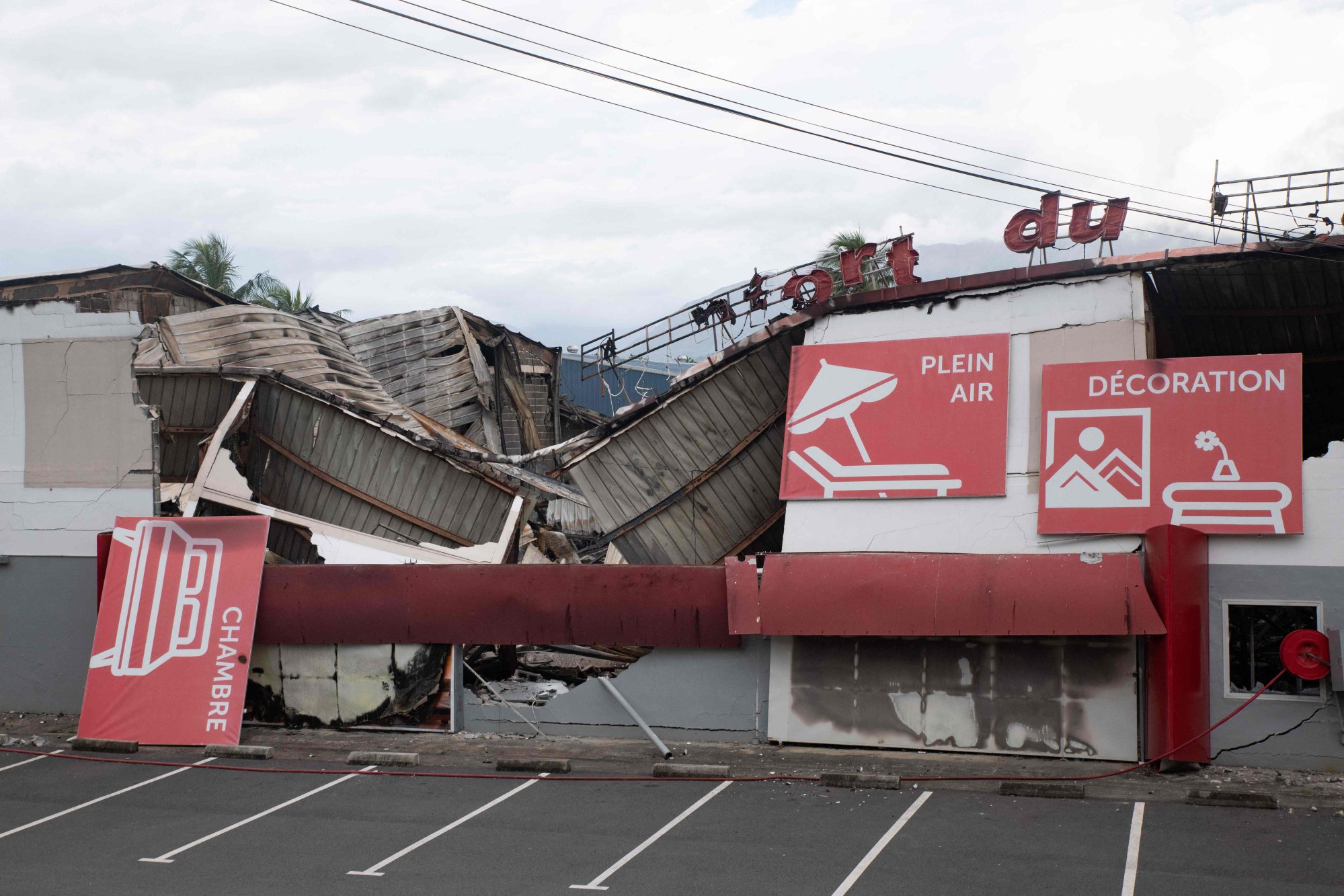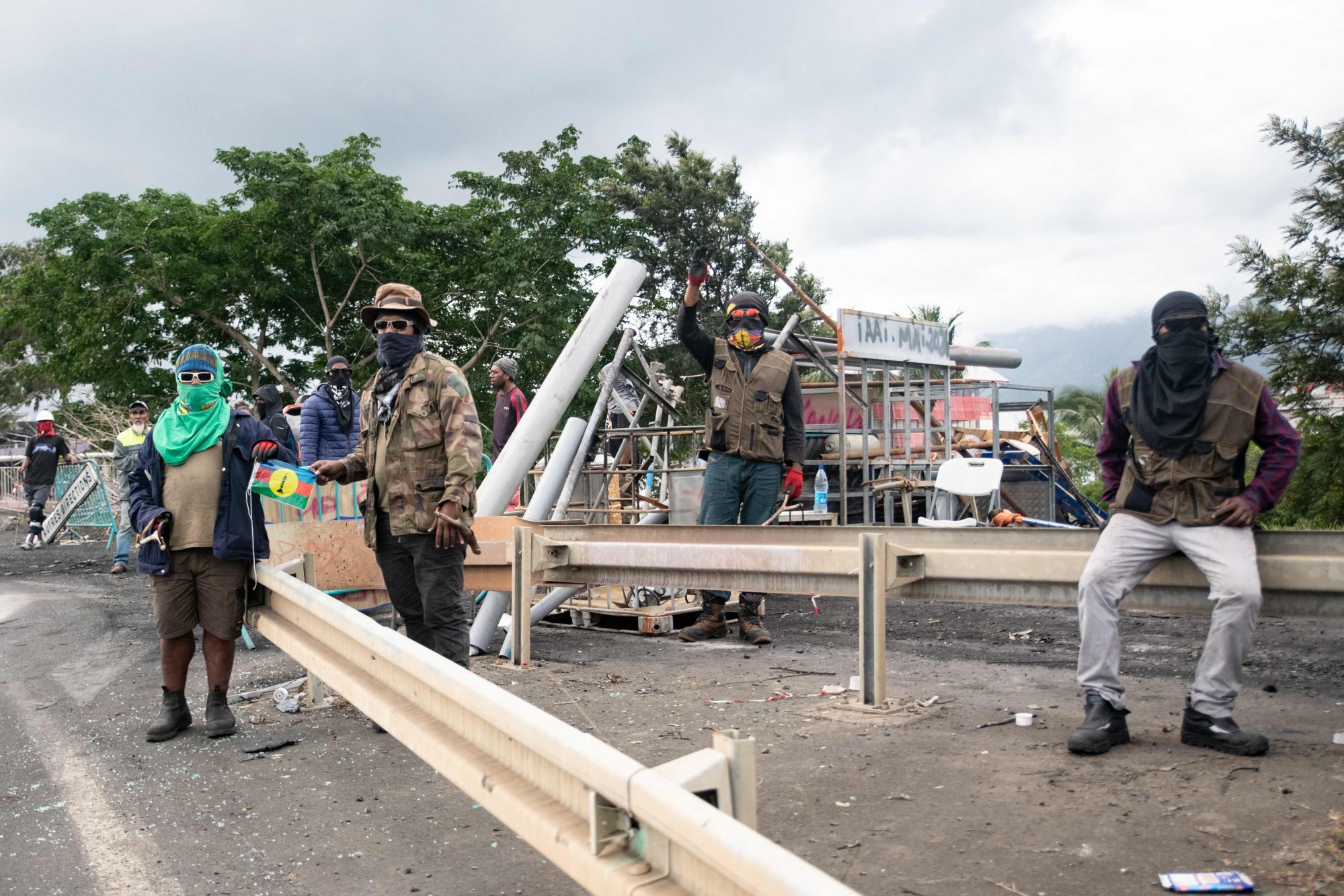
New Caledonia riots: inequalities, lack of indigenous voice expose ‘failures’ of French democratic system
- ‘Foreign interference’ narrative, a bid to deflect France’s responsibility for the crisis and insult to the Kanak people’s long struggle for independence, analysts note
- Countries such as Australia should step up to address injustice of indigenous peoples, stop viewing the Pacific as vulnerable to ‘foreign actors’ like China, they add
France declared a state of emergency for the territory and has deployed armed forces to the island to quell the unrest that had led to blocked roads, a closed airport, six deaths, and stranded Australians, New Zealanders and other nationals.

Tensions between New Caledonia and its colonial master France have spanned decades, but they have reached a tipping point, according to Patrick Kaiku, a political-science teaching fellow at the University of Papua New Guinea.
“Violence is not new in New Caledonia, and even if the riots are to subside, the fear is that they can easily shift to small-scale revolts and passive resistance, especially in the North Province,” Kaiku said, adding that the new laws would consolidate the voting power of France loyalists.
“Given the tone of loyalists and French politicians, pro-independence groups will not back down. I don’t see an end to this latest crisis.”
Last week, French Interior Minister Gérald Darmanin accused Azerbaijan of stirring tensions in New Caledonia after the emergence of Azerbaijani flags alongside Kanak symbols in the protests. Azerbaijan, nearly 14,000km away from New Caledonia, denied allegations of foreign interference.
All of these, however, were unnecessary “noise” to drown out the legitimate concerns of Kanaks in their dealings with Paris, Kaiku said.
“Evoking the spectre of foreign interests and influence in the New Caledonia riots is a convenient ploy to sidestep the simmering tensions that have been building up since the 1998 Nouméa Accord and the demands for an electoral roll that is representative of the voters in the New Caledonian electorate,” he said.
The latest voting changes proposed by Paris had gone against the Nouméa Accord, which allowed equal recognition of the interests of indigenous Kanaks and descendants of French settlers.
They also added insult to injury over a rushed third referendum for independence under the accord in 2021 when many indigenous New Caledonians were unable to vote because of the pandemic.
The UN has continued to list New Caledonia as a non-self-governing territory yet to exercise its right to self-determination.

The alliance also sought UN support for the “failures of the French government as a neutral administrator of the territory’s decolonisation process”.
Claiming that “foreign interference” was behind the turmoil in New Caledonia not only attempted to deflect responsibility from France for the crisis but was also an insult to the Kanak people’s long struggle for independence, former University of Canberra New Caledonia researcher Alaine Chanter said in an analysis on Tuesday.
“It is enabled by a Western narrative that sees the Pacific as a kind of political ‘terra nullius’ vulnerable to malign ‘foreign actors’ like China, Russia and now Azerbaijan,” she said.
The riots ultimately stemmed from inequalities felt by the indigenous Kanak people under colonial rule, and it was time to question its legitimacy if inequalities were allowed to persist, said Nicole George, a Peace and Conflict Studies academic from the University of Queensland.

In an analysis for The Conversation on Monday, George said surrounding nations in the Pacific such as Australia should step up to address the injustice.
“The scale of the rioting and devastation in Nouméa demonstrate, yet again, the failures of France to properly address the feelings of discontent among the Kanak population and the profound inequalities that exist in New Caledonia,” said George, who was among the Australians stranded in New Caledonia.
“Repeated lectures about ‘democracy’ from French politicians carry little sway in a colonial context, which is – by its very nature – anti-democratic,” he said.


